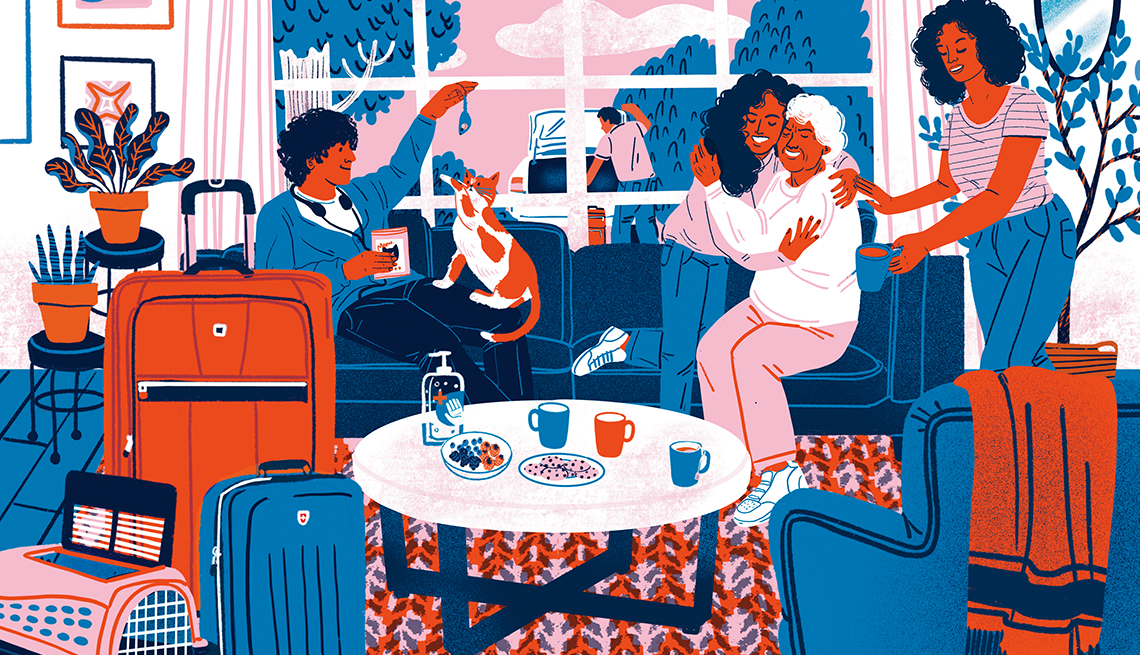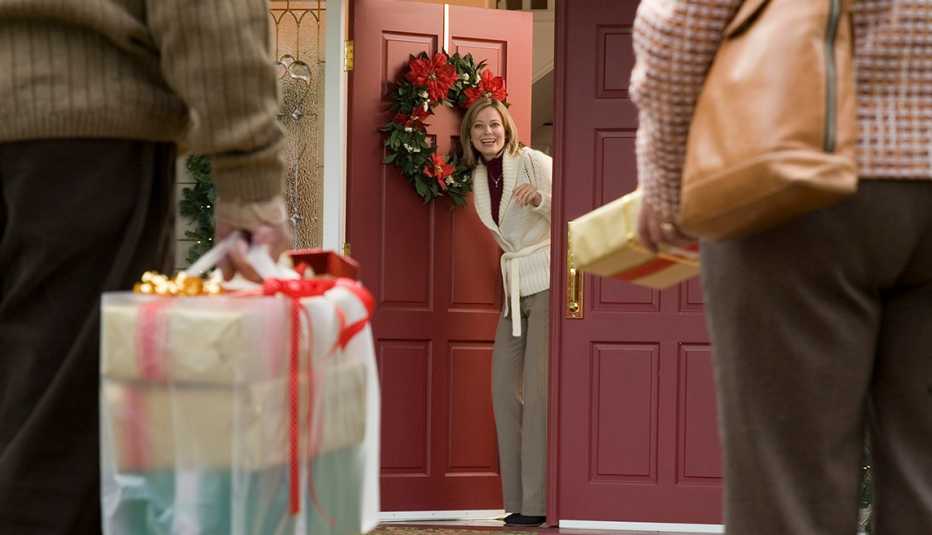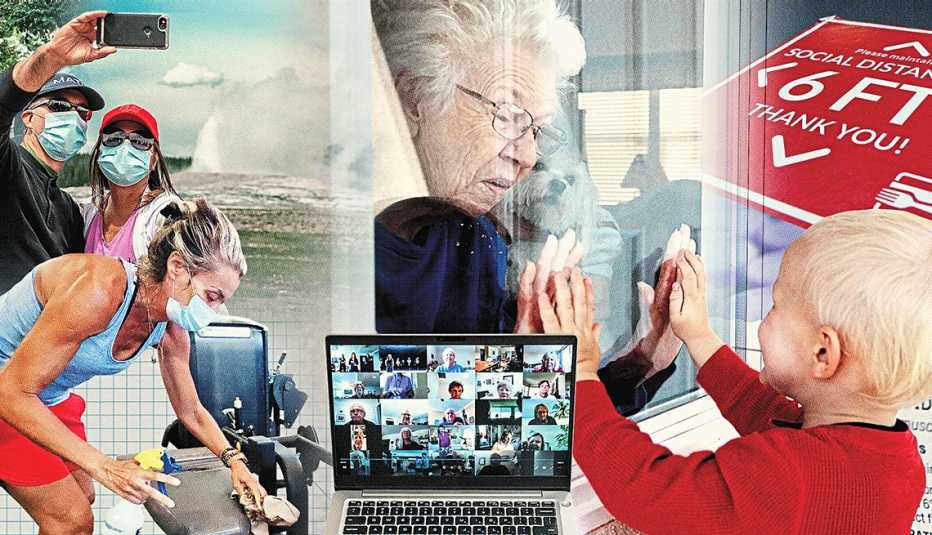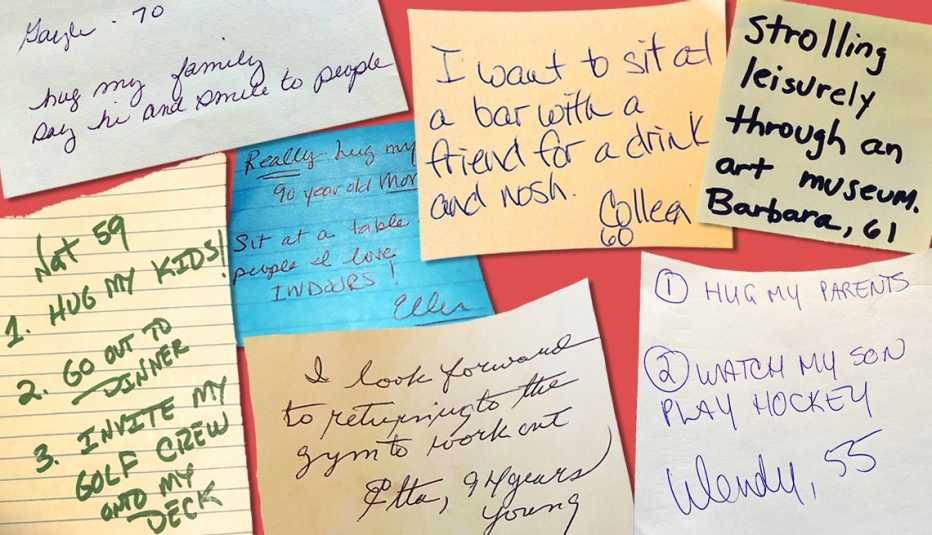Staying Fit
After months of holing up in our homes with only family members or pets as companions, confidants and entertainment, it’s no surprise that some of us are jumping off our well-worn couches at offers to visit extended family and friends. But before you retire the sweatpants and pack your bags, consider this: Being a gracious houseguest requires an etiquette update when we’re rolling out of a global pandemic with rusty social skills and evolving health care concerns.
Here is some updated advice from etiquette and mental health experts that will help make sure your first invitation in a very long time isn’t your last.


AARP Membership— $12 for your first year when you sign up for Automatic Renewal
Get instant access to members-only products and hundreds of discounts, a free second membership, and a subscription to AARP the Magazine.
Have the (COVID) talk. It’s not the most fun you’ll have together, but you should discuss coronavirus comfort levels with your host before you arrive. Will you be going to restaurants or dining at the house? Will other guests be coming over? Should you hug upon arrival or maintain your distance? “It’s best to just be honest and get it all out there before you arrive,” says Diane Gottsman, national etiquette expert and author of Modern Etiquette for a Better Life. “Not everyone is on the same page, and you want to make sure you can get it out of the way and have a good time or — worst-case scenario — take a rain check until things settle down more.”
BYO sheets and towels. “In the age of COVID, some people may be wary about other people using their personal items,” says Anita Barbee, professor of psychology and sociology at the University of Louisville. “Bringing your own alleviates any anxiety they might have about sharing or washing these necessities.” Plus, you’ll score points for being a low-maintenance visitor.
Steer clear-er of sticky subjects. Keep in mind that the list of hot-button topics has gotten a little longer — and more heated — over the past year. “Politics and the COVID vaccine are not dinner table chatter; it’s not your job to chastise the host if they are not getting vaccinated,” says Gottsman. “And boasting about a new boat or second home, while always boorish, is even more taboo. Many people are struggling financially; just be sensitive, and stay away from topics that will hurt feelings or cause tempers to flare.”




































































